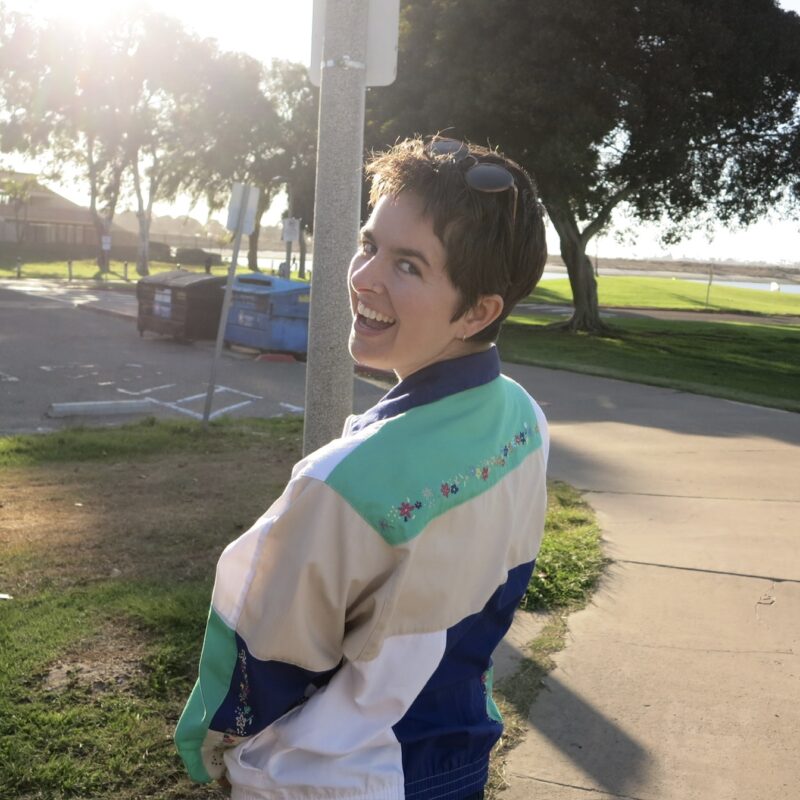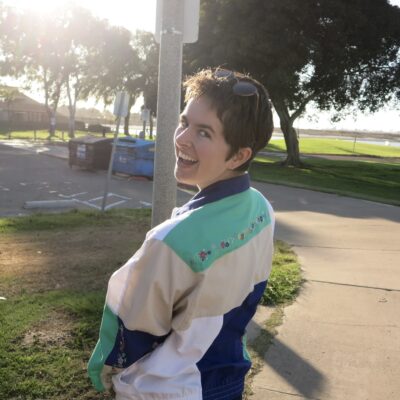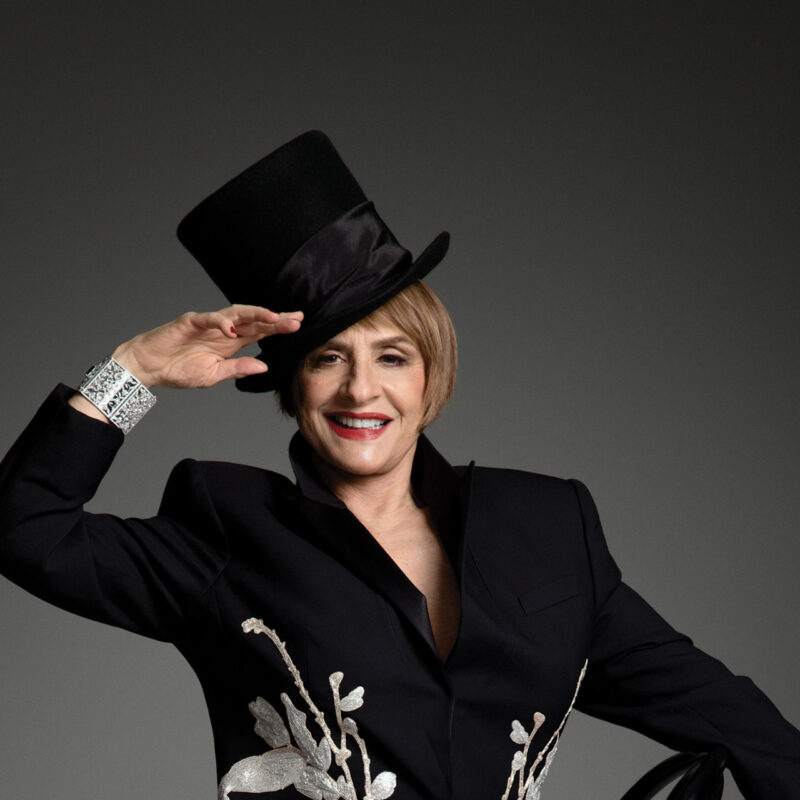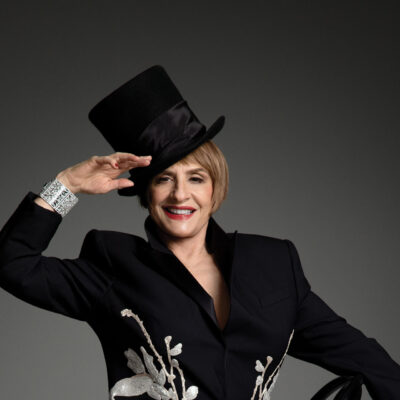When a horror movie reaches a certain level of pedigree or critical acclaim, it’s common in some circles to find any word other than “horror” to describe it. “That was just a really scary drama.” Or, “I think it was more of a thriller,” a genre that can overlap but is still distinct. “Post-horror” is the best one, the idea that evolution in horror films means they’re something different entirely. When comedic sensibilities change, we don’t declare the result “post-comedy,” so why can’t we sit comfortably with a horror movie with lofty ambitions?
Ari Aster is one of the filmmakers covering a lot of emotional ground using the horror DNA—first with Hereditary and now with Midsommar. Aster seems primarily motivated by catharsis in the wake of tragedy and the inability to find it in conventional social structures; it comes through the machinations of secret, isolated religious societies with a flair for violence. Sometimes the catharsis is literal, through fire, but it’s always through the destruction of the world in which we once sought comfort.
With such similar undertones, it’s fascinating that Hereditary and Midsommar would be so different. There are horrifying images in Midsommar that might haunt you, but the goal is not to terrify. It’s to examine the notion that certain people who engage in taboo practices are savages while we in modern society are enlightened. We care for the lives in our bodies and social stability, while this supposedly backward community values spiritual continuity and the sharing of all emotions, positive and negative. Their practices involve death according to tradition, ours involve prolonged dying in isolation and alienation. If you lost everything and had no life worth returning to, which would you choose?
The story follows a group of anthropology students who travel to witness the Hårga Midsommar festival in a remote Swedish village. Dani (Florence Pugh) is invited along by her boyfriend Christian (Jack Reynor), after a terrible, sudden tragedy. The quaint, pleasant, serene location charms the Americans—also including Josh (William Jackson Harper) and Mark (Will Poulter)—though the constant light of the midnight sun and a peculiar attitude toward sex, death, and the ritualistic use of bodily fluids sometimes prove too much to handle. Adding fuel to the fire is the tension between Dani and Christian; before the tragedy, he had intended to end the relationship. Though he goes through the motions of being supportive, it rings hollow, putting on a performative display of virtue with no genuine concern for her wellbeing. Only the Hårga seem invested in her. The American students are alternately fascinated and horrified by the Hårga traditions, but it’s Dani who experiences the rituals as intended.
Echoes of The Wicker Man inhabit every corner of Midsommar, visually and thematically, which Aster evidently knows and does not try to conceal. Though there are some narrative beats and images that can’t help but be compared to the 1973 folk horror classic, focusing on the similarities would be a disservice to both films. It’s as though Aster expects people to go in thinking they know what to expect, but even if they’re right, they are wrong about the lingering emotions. And it was a very clever move to make the characters anthropology students; anyone else would have run away screaming, unable to compartmentalize.
The story is very much a personal one, tied to the events of Dani’s recent past and her frayed relationship with Christian, but there is a social message here too. We no longer make sacrifices, we no longer believe in blood magic, but we have lost all sense of shared emotions. Amongst the Hårga, if one person cries out in pain, the whole village does. If one person moans in sexual delight, or screams in desperation, everyone joins in, syncs the rhythms of their noises, and experiences the sensation together, both heightening it and allowing it to pass more naturally. Christian resents Dani’s pain. The Hårga cherish and share it. What does it mean that this quasi-cult understands humanity at its deepest, rawest levels better than supposedly civilized Westerners?
Midsommar / R, 140 minutes / Alamo Drafthouse Cinema, Regal Stonefield 14 and IMAX
Alamo Drafthouse Cinema 377 Merchant Walk Sq., 326-5056, Regal Stonefield 14 and IMAX The Shops at Stonefield, 244-3213, Violet Crown Cinema 200 W. Main St., Downtown Mall, 529-3000, Check theater websites for listings.
See it again
Jaws
PG, 124 minutes / Alamo Drafthouse Cinema / July 7






